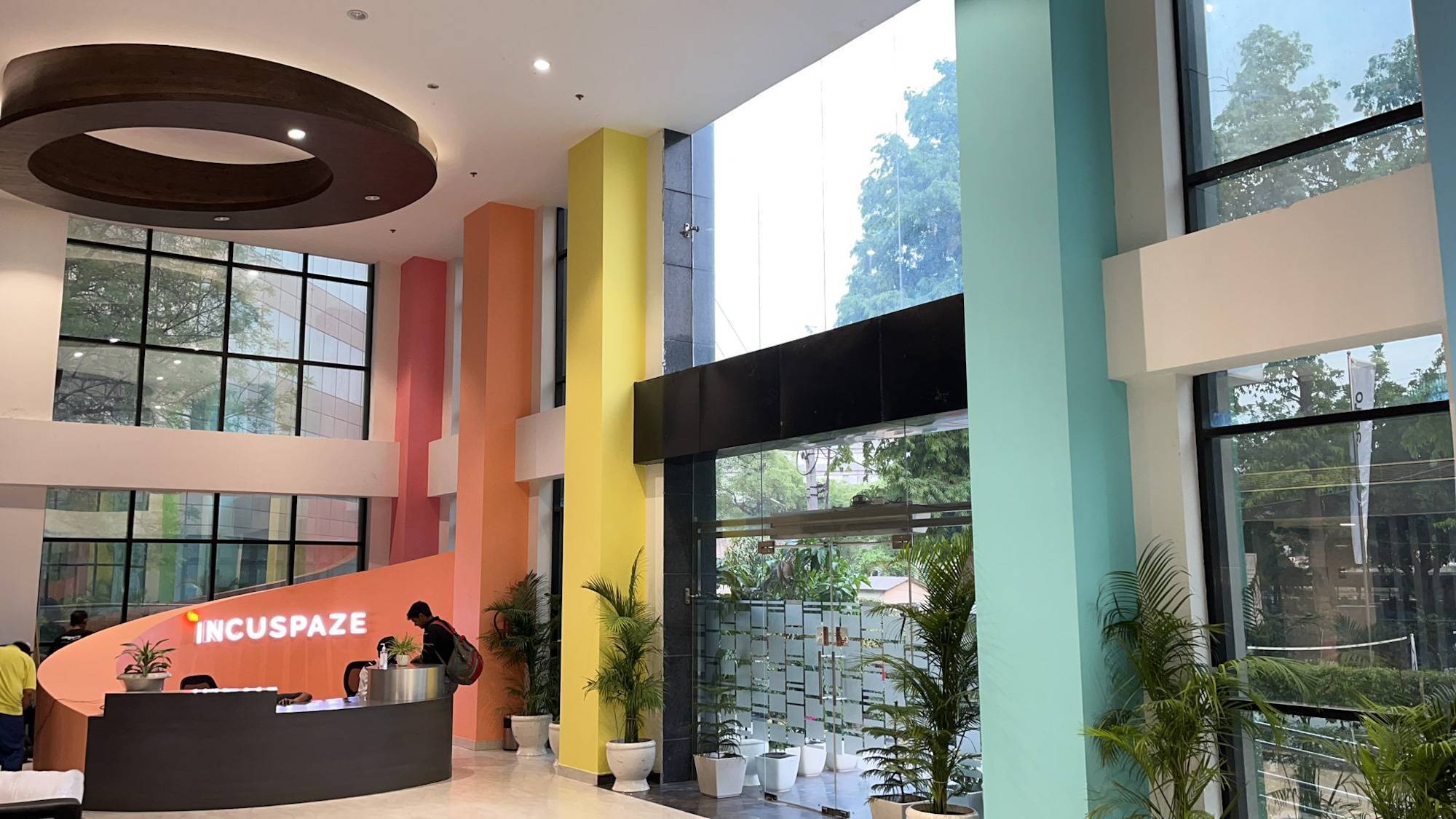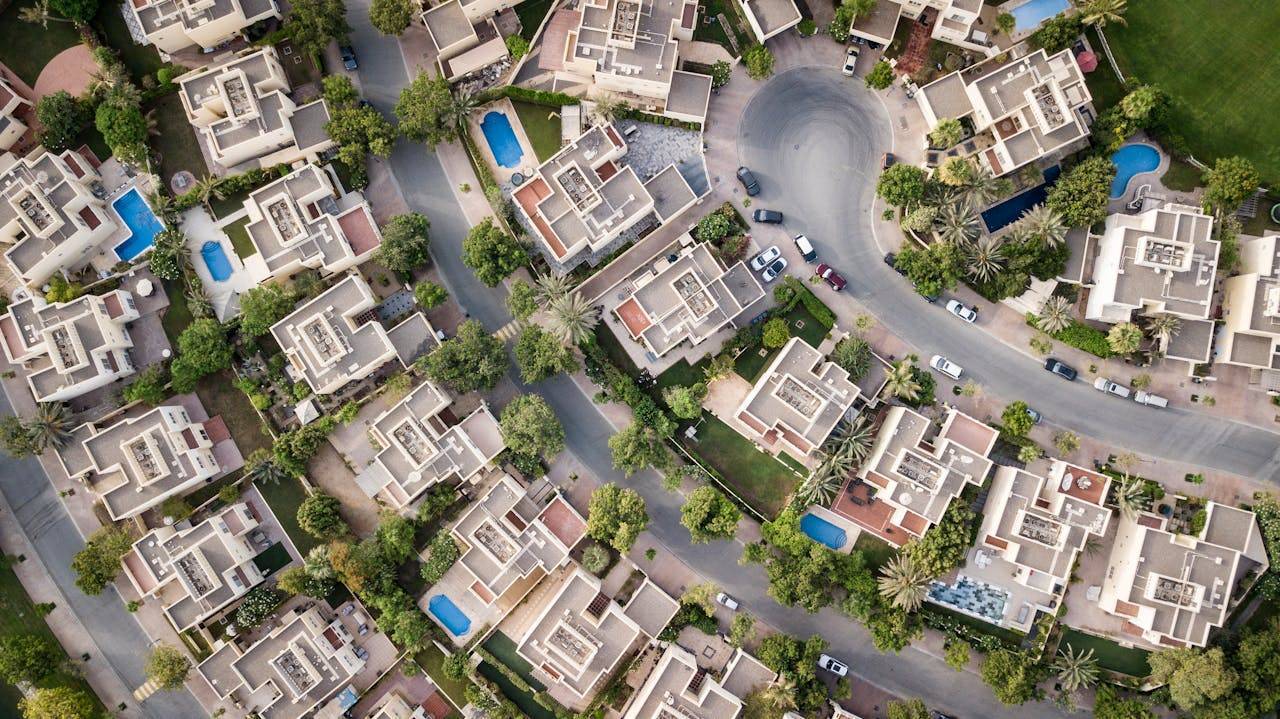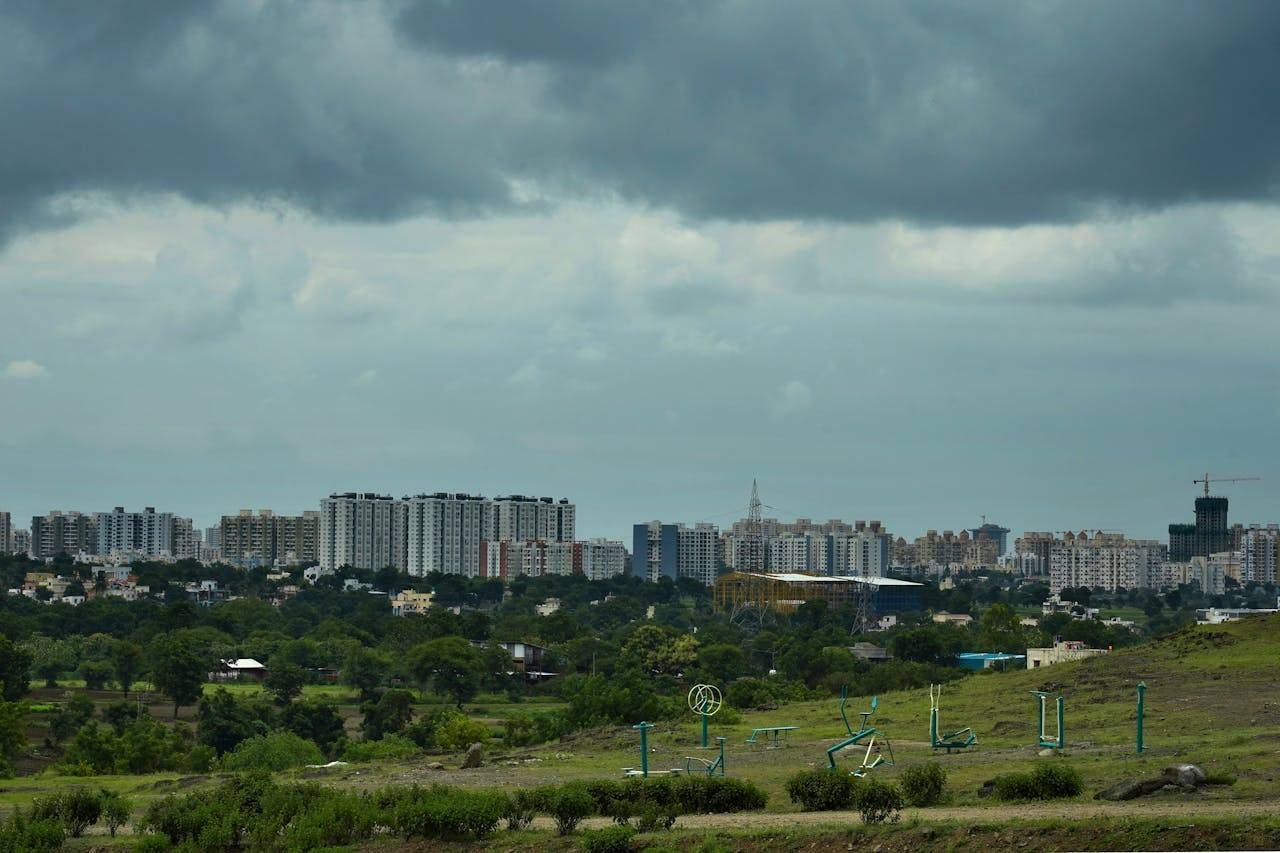The Indian hospitality market has shown remarkable growth, attracting significant investor interest in the first half of 2024. From January to June 2024, the sector recorded an investment inflow of approximately $93 million, highlighting the industry’s resilience and increasing attractiveness to investors. This surge has been largely driven by a combination of factors, including a recovering economy, robust domestic demand, and a favourable investment environment in Tier II and Tier III cities. These smaller cities are emerging as key players in the hospitality industry, marking a departure from the traditional dominance of Tier I cities.
According to a report by JLL report, listed hotel companies were the dominant contributors to the overall transaction volume during this period, accounting for 44% of the total investments. Following closely were owner-operators, who contributed 30% of the total, while high-net-worth individuals (HNIs), family offices, and private hotel owners together contributed the remaining 26%. The increasing participation of smaller investors and private entities signifies a diversification in the types of investors now entering the hospitality space.
Segment-wise Breakdown and Tier City Growth
The report highlights that the majority of the investment activity during the first half of 2024 occurred in the upscale hotel segment, which accounted for 44% of the total transaction volume. The mid-scale segment followed with 31%, while the luxury segment claimed 23% of the total investments. Economy hotels, which cater primarily to budget travellers, accounted for a modest 3% of the overall transaction volume.
Perhaps one of the most interesting aspects of the report is the focus on the development of Tier II and Tier III cities. Of the 19,442 hotel keys signed during this period, 83% were located in these smaller cities. This demonstrates a growing trend of hospitality investments moving away from traditional Tier I cities like Mumbai, Delhi, and Bengaluru, which have long been the focal points of the industry. This shift is attributed to the increasing urbanization and demand for quality accommodations in emerging cities. As these regions continue to grow economically, the hospitality sector is positioning itself to meet the needs of both business and leisure travellers.
In fact, these smaller cities have also contributed to a higher rate of hotel signings compared to the previous year. The total number of branded hotel signings in H1 2024 surpassed the entirety of 2023. In 2023, approximately 13,600 keys were signed, while the first half of 2024 alone saw the signing of 19,442 keys. The rapid growth of Tier II and Tier III markets is seen as a testament to the increasing confidence of hotel developers and operators in the sector’s long-term potential.
Strong Performance in Tier I Markets
While Tier II and III cities may have dominated the number of keys signed, Tier I cities such as Mumbai, Hyderabad, Pune, and Chennai remain critical to the overall health of India’s hospitality sector. These metropolitan areas saw significant hotel signings in 2024, particularly in the upscale and mid-scale segments. In cities like Mumbai and Hyderabad, hotels with 250+ keys were signed, reflecting the robust domestic demand and thriving commercial activity in these regions.
Investors continue to view these Tier I cities as safe bets due to their established infrastructure, connectivity, and strong business environments. The demand for hotel accommodations in these cities is driven by both international and domestic travellers, with a focus on the corporate and MICE (meetings, incentives, conferences, and exhibitions) segments. Mumbai, for instance, remains a financial hub with a consistent influx of business travelers, while cities like Hyderabad are seeing growing demand due to the rise of IT and pharmaceutical industries.
Hotel Transactions and Investor Interest
The first half of 2024 saw six hotel transactions, ranging from operational hotels in Tier I and leisure markets to land leases in key airport districts. Of the total transaction volume, operational hotels made up 72%, followed by under-construction hotels at 23%, and land leases at 5%. This indicates a balanced interest in both existing assets and new developments, with investors keen on seizing opportunities across different types of hospitality assets.
Notably, greenfield projects also saw significant growth. Around 13,700 keys from greenfield projects were signed in H1 2024, surpassing the number of greenfield project signings for the entire year of 2023. This points to the continued confidence of hotel developers in India's growing tourism sector and the long-term potential of the hospitality market.
The positive investor sentiment is expected to persist in the second half of 2024. JLL projects that the total investment volume for the year will reach $413 million, representing a 22% increase from 2023. Already, two significant transactions have been facilitated by JLL in key hospitality markets, totaling $70 million. These transactions included an operational hotel in Mumbai and a premium hotel land sale in Goa, further highlighting the growing interest in both operational assets and land sales for future development.
Macro-Economic Factors and Air Connectivity
Several macro-economic factors have contributed to the surge in hospitality investments in 2024. A recovering economy, increased commercial activity, and improved air connectivity are all playing a vital role in boosting investor confidence. The Indian government’s push to enhance infrastructure, particularly in Tier II and Tier III cities, has also been a key factor in attracting hotel developers.
Improved air connectivity, in particular, has had a profound impact on the growth of the hospitality sector. New airports in smaller cities and increased flight routes have made it easier for travelers to access previously underserved regions. This has spurred the demand for quality accommodations in these areas, prompting hotel developers to focus on expanding their presence beyond traditional markets.
Future Outlook for the Hospitality Sector
The outlook for India’s hospitality sector remains positive for the remainder of 2024. The year is expected to close with a total investment volume of $413 million, driven by continued investor interest in both Tier I and Tier II cities. The surge in greenfield projects, the increase in hotel signings, and the robust performance of operational hotels all indicate sustained growth for the sector.
As the economy continues to recover and domestic travel resumes at pre-pandemic levels, the hospitality sector is poised for a strong performance in the coming years. Investors are increasingly focusing on long-term opportunities, with a particular emphasis on mid-scale and upscale segments that cater to the growing middle class and business travellers.









.png)